#pyramid texts
Explore tagged Tumblr posts
Text

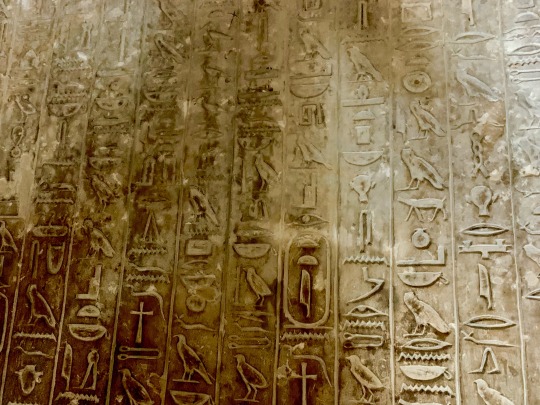
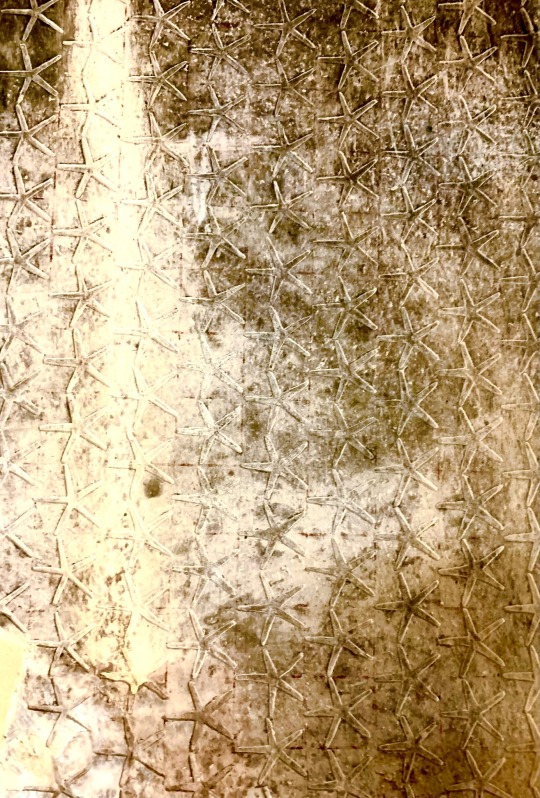

The Pyramid of Pharaoh Teti - the Pyramid Texts
#pharaoh#teti#Egypt#egyptology#Kemet#Kemetic#Kemeticism#pharaohs#pharaoh Teti#pyramid#pyramid texts#pyramids#saqqara#hieroglyphs#hieroglyphic
53 notes
·
View notes
Text
O King, you are this Great Star … you ascend from the east of the sky being renewed in your due season, and rejuvenated in your due time...
— Pyramid Texts 882-883
5 notes
·
View notes
Text
"You have not gone away dead: you have gone away alive."
"You will not perish; you will not cease. Your identity will endure with people, even as your identity comes to be with the gods."
from Pyramid Text 213 of King Unas (Dynasty 5; Saqqara) from The Ancient Egyptian Pyramid Texts by James P. Allen (2005).
#Pyramid Texts#ancient egypt#egyptology#afterlife#mysticism#metaphysics#spirituality#consciousness#death and dying#life after death
0 notes
Text
I went to band camp for marching band for the first time, and I found out that the marching band staff was trying to get us involved in a ‘pyramid scheme’ and they were trying to kill us. Later I pulled out my trombone and started sniping the staff with it from a hotel window. I shot a couple before I tried to shoot one of the band directors, who kept dodging.
5K notes
·
View notes
Text
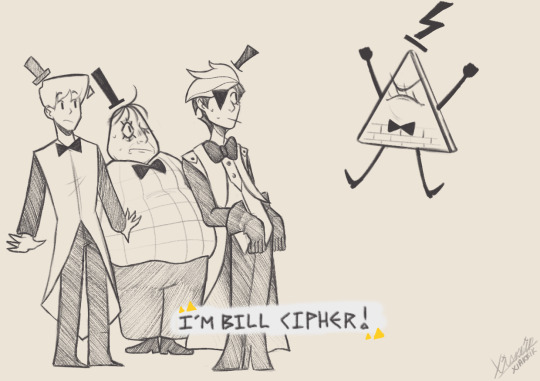
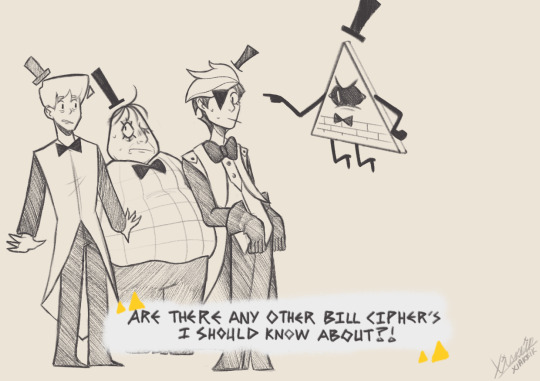
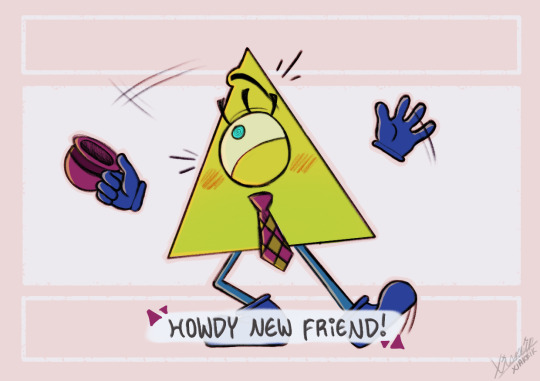
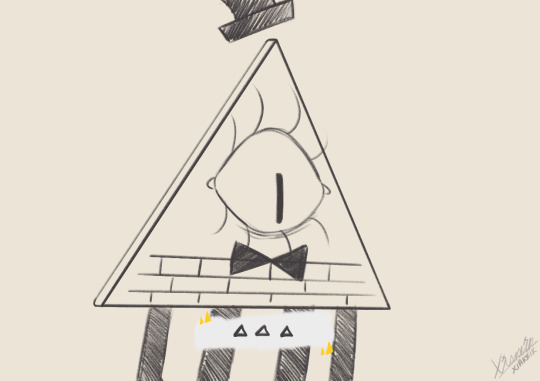
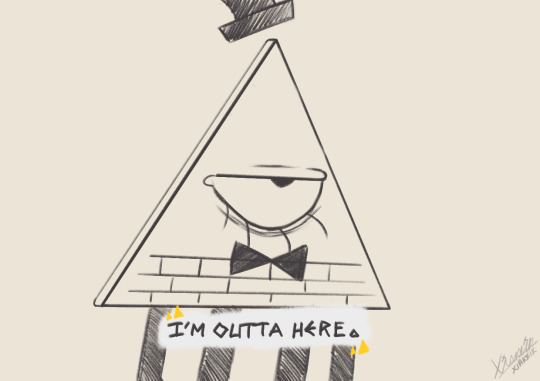
You think Pyramid Steve to Bill is like Doodlebob to Spongebob or something like that

#gravity falls#my art#fan art#doodles#art#pyramid steve#gravity falls bill cipher#bill cipher#bill gravity falls#remind me to never draw those human bills again btw it was... a struggle LMAO#like design wise and everything theyre aight ig but MAN its just so. Off for me-#this is why i keep my boy as a shape bc although i CAN draw humans i HIGHLY prefer simple shapes/objects instead#glad i was able to squeeze this out just before uni starts again#xiakeik arts#id in alt text
2K notes
·
View notes
Text










#$ure🐙︻デ═一・・・・・・・・・・・・・・#⠀ ⠀ ⠀ ⠀ ⠀ ⠀ ⠀ ⠀ ⠀ ⠀ ⠀ ⠀ ⠀ ⠀ ⠀ ⠀ ⠀ ⠀ ⠀ ⠀⠀ ⠀ ⠀ ⠀ ⠀ ⠀ ⠀ ⠀ ⠀ ⠀ ⠀ ⠀ ⠀ ⠀ ⠀ ⠀ ⠀ ⠀ ⠀ ⠀ ⠀ ⠀ ⠀ ⠀ ⠀ ⠀ ⠀ ⠀ ⠀ ⠀ ⠀ ⠀ ⠀ ⠀ ⠀ ⠀#graphics#dividers#pixels#glitter text#buttons#fan buttons#gif#png#silent hill#pyramid head#cheryl mason#heather mason#nurse#carrd resources#rentry resources#neocities#resources
411 notes
·
View notes
Text

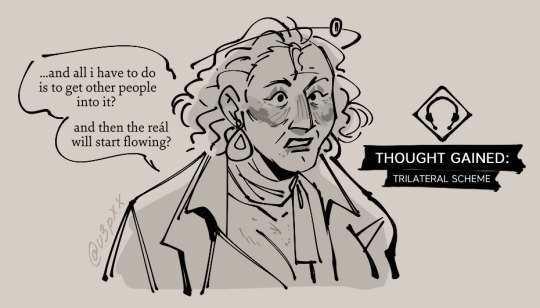


sorry she's in the brain
#i found a new pen its very fun to sketch with#whenever i dont know what to draw i usually end up sketching regular kim or harriet lol#anyways. do u think the ultraliberal path for her has her ending up in a pyramid scheme#im still so burnt out .. harriet save me .. harriet pl#disco femlysium#harriet du bois#fem kim kitsuragi#genderbend#<- blacklisting purpoises#sunnysidedoodles#sunnysidedisco#described#id in alt text
1K notes
·
View notes
Text

xemnas' downline was looking pretty good until they started killing each other
#kh xemnas#organization xiii#kh 358/2 days#roxas#kingdom hearts 358/2 days#kingdom hearts#incorrect kingdom hearts quotes#incorrect quotes#xemnas#xemnas kh#kh roxas#roxas kingdom hearts#pyramid scheme more like pyramid meme#ok that sounded way funnier in my head#luxustextbox#luxu's text box
337 notes
·
View notes
Text
look, Inquisition already seemed to not care for it all that much (even though The Descent DLC exists and your big antagonist is, quite literally, one of the OG Magisters) but. the darkspawn.
I need Veilguard to look me in the eye and explain to me why Dragon Age: Awakening and The Calling established the Architect as a character and then flat out made sure to tell us that
the darkspawn
are mind controlled
are beings with thoughts and hopes and dreams and wants
and then we just. never talked about it again. sure, we admit they're mind controlled, but. don't you dare worry about what that actually means.
thanks. love that. 👍🏻
#“okay tumblr user formerly known as talkingdarkspawn we get it” I hear you all say. but do you. do you get it.#Veilguard critical#technically Inquisition critical also#also can we talk about how the mind control is just a pyramid scheme.#the darkspawn are mind controlled by the old gods who are actually dragons mind controlled by the Evanuris#IT'S MIND CONTROL ALL THE WAY DOWN and we are just not grappling with the implications at all it feels like#anyway. got so mad about this tonight I could literally not sleep.#Text Post: Mine#DA:V Spoilers#(kinda??)#Dragon Age for TS
192 notes
·
View notes
Text

youtube
when you dream...
#non euclidean geometry au#gravity falls#bill cipher#pyramid steve#billford baby#euclydia#tumblr wouldn't let me embed the audio so youtube link it is#color code written in alt text#my art
238 notes
·
View notes
Text

#Teti#pyramid#pyramids#pyramid texts#pharaoh#pharaoh Teti#ancient egypt#ancient history#ancient art#Egypt#Egyptian#egyptology#Kemetic#Kemet#Kemeticism
4 notes
·
View notes
Text
O King, you are this Great Star, the companion of Asar, who traverses the sky with Asar...you ascend from the east of the sky being renewed in your due season, and rejuvenated in your due time ...
— Pyramid Texts Utterance 466
0 notes
Text


Doodles of Bill and Pyramid Steve (due to the new lore from Alex H. it's canon that Bill owns a flip phone)
#gravity falls#my art#gravity falls fanart#bill cipher#pyramid steve#gravity falls bill#billford#it was supposed to be mentioned in#the book of bill#that he drunk texted his ex's on his flip phone#what a loser#ford pines#mentioned#suggestive texting?
290 notes
·
View notes
Text
My Neopet, passive aggressively in the corner: "Destruct-o-Match sounds fun right about now!" Me, losing my 100th round of Solitaire: Not now baby mama's gambling
#text post#neopets#seriously I don't know what clicked with solitaire and other card games but I am obsessed#Pyramids is dangerous too#probably proof I should never actually spend real money on gambling#also yes I'm on neopets#I might make art but it's just been a sort of casual thing#I love the flash-era style mini games it's nostalgic#shitpost
199 notes
·
View notes
Text

#no i'm not in a pyramid scheme#lgbtqtext#lgbtq text#animated text#word art#mlm colors#mlm#mlm pride#mlm positivity#mlm humor#mlm meme#achillean#achillean pride#achillean positivity#achillean humor#achillean meme#gay#gay pride#gay positivity#gay humor#gay meme#lgbtq#lgbtq pride#lgbtq positivity#lgbtq humor#lgbtq meme#queer#queer pride#queer positivity#queer humor
128 notes
·
View notes
Text
Shoutout to that one spell in the pyramid texts where the Ennead is like “Set did you kill Osiris?” And Set is like “No, I did not, and also he kicked me first.”
78 notes
·
View notes